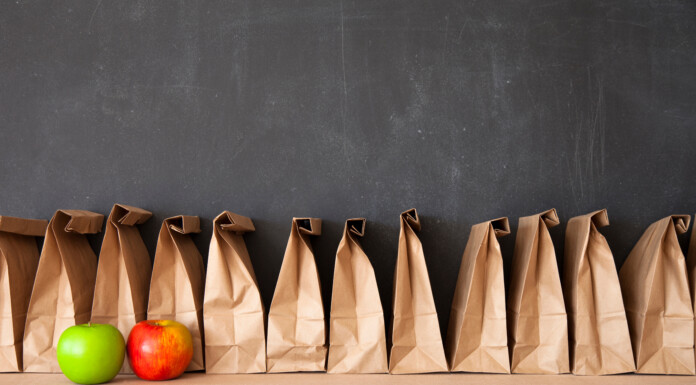There’s been a mixed response in Wairarapa to the changes the government has announced to the Ka Ora, Ka Ako school lunches programme.
Currently, 1800 Wairarapa students benefit from the Ka Ora Ka Ako programme attending 10 schools and kura.
Associate Education Minister David Seymour announced yesterday the programme will get $478m in the Budget to keep it going for the next two years and a half years [which represents savings of $107m a year on the current cost] while a full redesign of the scheme is undertaken.
In the meantime, primary schools will continue to use the current model, while next year new interim delivery model will kick in, with pre-schoolers in low-equity, not-for-profit, community-based early childhood centres eligible for free morning tea and lunch five days a week, and year 7 students and above moving to an alternative, bulk purchase model.
He Whānau Manaaki Kindergartens CEO Amanda Coulston said the changes could benefit up to 180 children attending four of the organisation’s equity-funded kindergartens across Wairarapa.
“We welcome any additions to funding and anything that will support our children and whānau.”
Coulston said she doesn’t have details about how it will operate but is “happy” to work with the Ministry of Education on its implementation.
“Food and food poverty are real issues in this country, and we’re really pleased that David Seymour has acknowledged the need for support in this area for very young children.”
“Generally, our kindergartens will support our children with food, with morning tea, and then supplement lunches if there’s a shortfall. This will hopefully provide a more managed way of operating and will support children in their learning,” Coulston said, while adding that “we want to see it done properly, to see it done in a way that retains the mana and dignity of the children and the whānau”.
Lakeview School principal Tim Nelson said what is “frustrating” is that his full primary school has students from years 1 to 8, which means the rejigged programme will be split between different year groups, with the older students potentially receiving less nutritious meals.
“There will be inconsistencies for families for what the kids will be getting,” he said, noting an exception could have been made for full primaries to have one system to mitigate the issue.
Trust House chief executive John Prendergast, which is contracted to provide lunches for the programme, is pleased the programme is continuing and will extend to early learning services. However, he is cautious about menu changes for years 7-8 that may include sandwiches.
He said that consistent feedback has typically been that sandwiches are the lunch option students least prefer and are, therefore, least likely to eat.
“Hopefully, that is not why Minister Seymour is citing sandwiches as the lunch of the future as a cost-cutting strategy,” Prendergast said.
“The provision of lunches for intermediate and secondary students, currently 1600 of Trust House’s customers, will change to the new model from 2025.”
Trust House currently provides approximately 3800 lunches per day to 21 schools.



We got a bottle of WARM milk and our parents supplied our lunch 😋.